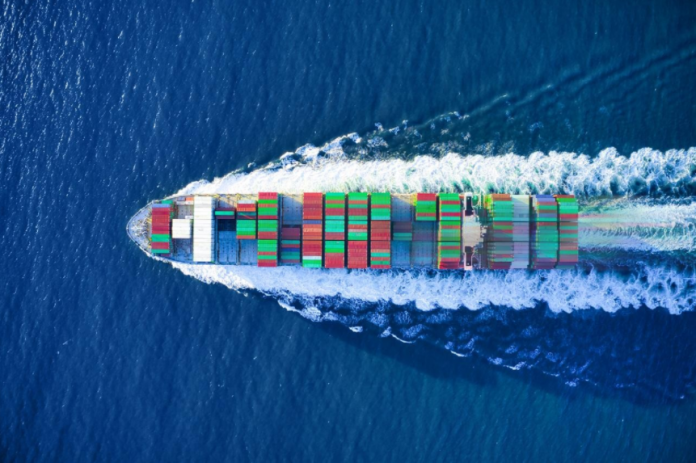The International Bunker Industry Association (IBIA), with the support of the Baltic and International Maritime Council (BIMCO), is launching an extensive online survey to get the maritime industry’s views on the wider adoption of bunker licensing schemes and mass flow metering (MFM), in order to improve market conditions.
In an effort to improve transparency in the bunker industry, to minimise scope for malpractice and reduce disputes over the quantity and quality of fuels supplied to ships, both parties are working for effective bunker licencing schemes, preferably introducing mass flow meters to be implemented in bunker hubs around the world.
In 2021, IBIA formed the IBIA bunker licensing & MFM working group to identify key elements of bunker licensing programmes. “IBIA’s ambition is to create greater alignment and transparency across bunker ports and strengthen the credibility of our industry by the use of MFM,” explained IBIA chairman Henrik Zederkof.
The working group consists of 24 IBIA members representing the supply industry, the shipping industry, and other stakeholders such as ports and insurance companies.
A bunker licence sets the conditions to allow bunker suppliers and bunker barge providers to operate within a specific jurisdiction. It also specifies certain minimum requirements to obtain and keep permission to operate within the jurisdiction.
The specific requirements may vary but an effective bunker licensing programme is intended to ensure that the licence holders meet the minimum requirements set out in the licence, and that failure to comply will have severe consequences.
“The implementation of licensing schemes that award high-quality fuel oil suppliers will help improve the level of quality of the fuel delivered and provide significant financial savings for ship owners and bunker suppliers,” noted David Loosley, BIMCO secretary-general and CEO.







